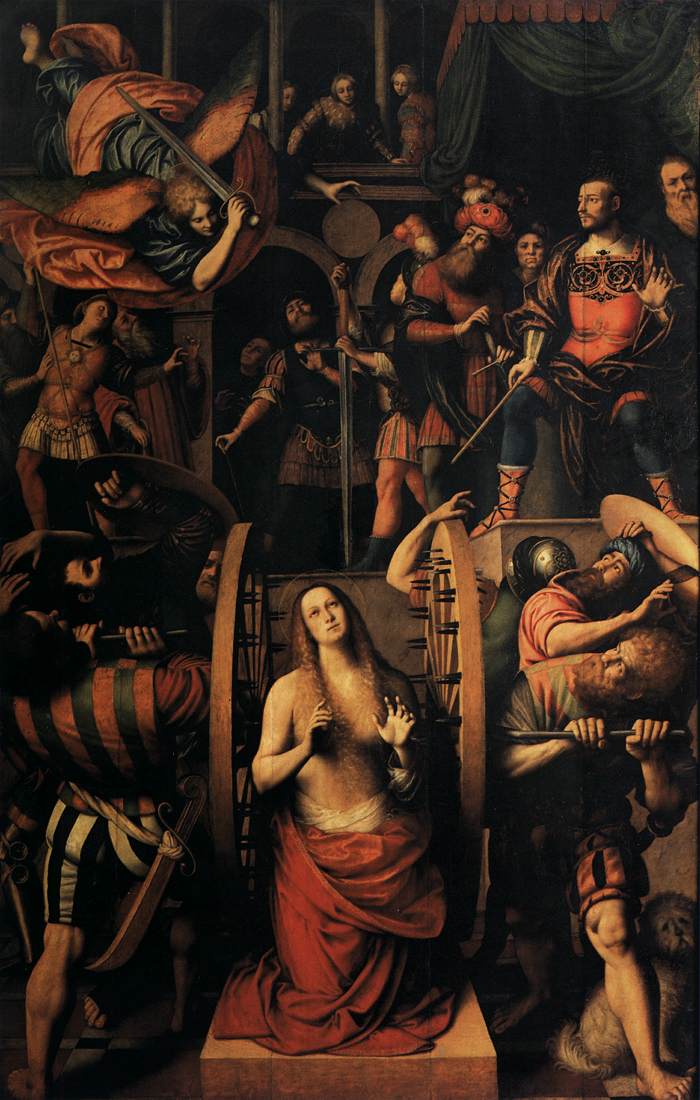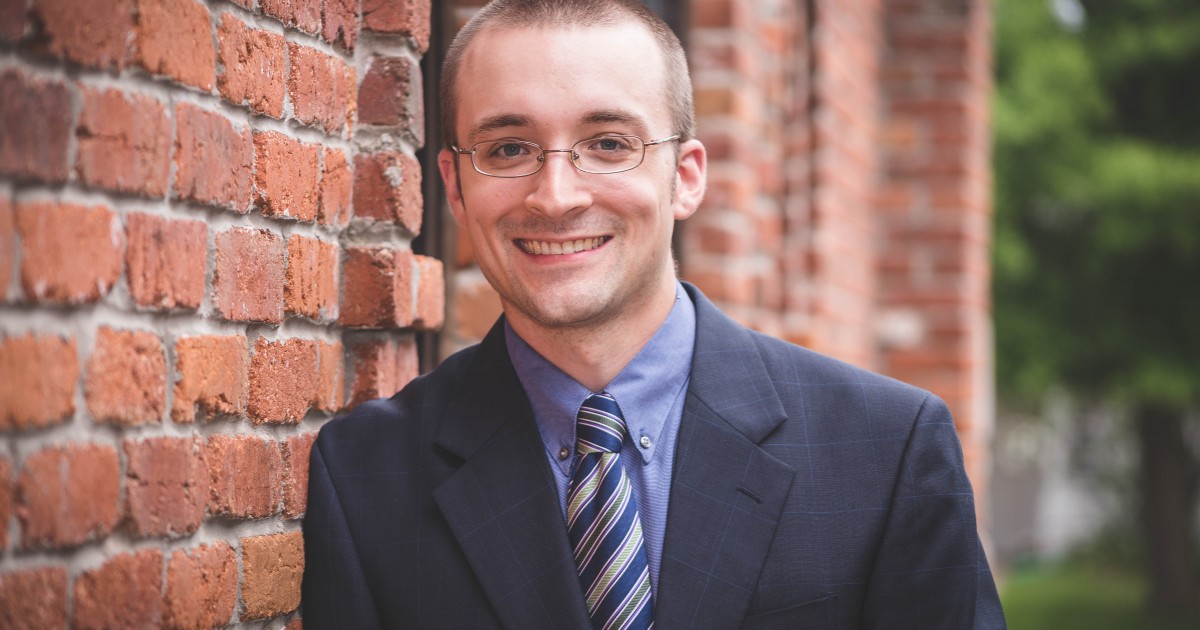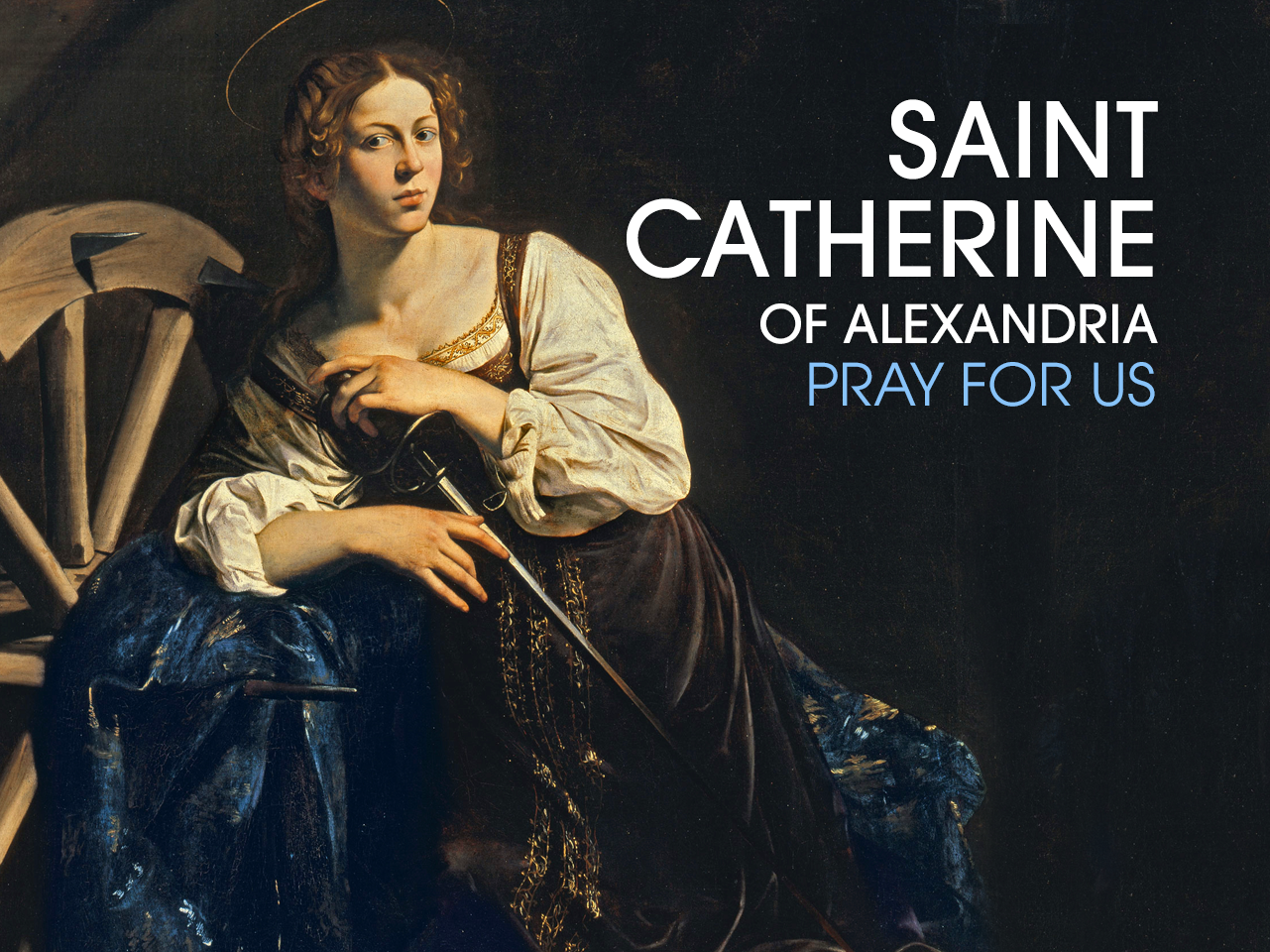Born to the nobility, Alphonsus Liguori was a child prodigy, was extremely well-educated, and received his doctorate in law from the University of Naples at age 16. He had his own practice by age 21, and was soon one of the leading lawyers in Naples, though he never attended court without having attended Mass first.
He loved music, could play the harpsichord, and often attended the opera, though he frequently listened without bothering to watch the over-done staging. As he matured and learned more and more of the world, he liked it less and less, and finally felt a call to religious life.
As a Neapolitan lawyer, he lost a court case in a spectacular fashion, when it turned out that a key document in his case had been misinterpreted by him and in fact proved his opponent’s case instead.
He declined an arranged marriage, studied theology, and was ordained at age 29. Preacher and home missioner around Naples. Noted for his simple, clear, direct style of preaching, and his gentle, understanding way in the confessional. Writer on asceticism, theology, and history; master theologian, he was often opposed by Church officials for a perceived laxity toward sinners, and by government officials who opposed anything religious.
He founded the Redemptoristines women’s order in Scala in 1730, and founded the Congregation of the Most Holy Redeemer (Liguorians; Redemptorists) at Scala, Italy in 1732. The Redemptorists proved to be a quarrelsome congregation: their formal establishment had been delayed by more than a decade because of internal dissension.
Appointed bishop of Saint Agata dei Gotti by Pope Clement XIII in 1762, Liguori worked to reform the clergy and revitalize the faithful in a diocese with a bad reputation. He was afflicted with severe rheumatism, and often could barely move or raise his chin from his chest. In 1775 he resigned his see due to his health, and went into what he thought was a prayerful retirement.
In 1777 the royal government threatened to disband his Redemptorists, claiming that they were covertly carrying on the work of the Jesuits, who had been suppressed in 1773.
Calling on his knowledge of the Congregation, his background in thelogy, and his skills as a lawyer, Alphonsus defended the Redemptorists so well that they obtained the king’s approval. However, by this point Alphonsus was nearly blind, and was tricked into giving his approval to a revised Rule for the Congregation, one that suited the king and the anti-clerical government.
When Pope Pius VI saw the changes, he condemned it, and removed Alphonsus from his position as leader of the Order. The Redemptorists split into two congregations, both of whom rejected him. This caused Alphonsus a crisis in confidence and faith that took years to overcome. However, by the time of his death he had returned to faith and peace.
Alphonsus vowed early to never to waste a moment of his life, and lived that way for over 90 years. Declared a Doctor of the Church by Pope Pius IX in 1871.
When he was bishop, one of Alphonsus’s priests led a worldly life, and resisted all attempts to change. He was summoned to Alphonsus, and at the entrance to the bishop’s study he found a large crucifix laid on the threshold. When the priest hesitated to step in, Alphonsus quietly said, “Come along, and be sure to trample it underfoot. It would not be the first time you have placed Our Lord beneath your feet.”
“When an evil thought is presented to the mind, we must immediately endeavor to turn our thoughts to God, or to something which is indifferent. But the first rule is, instantly to invoke the names of Jesus and Mary and to continue to invoke them until the temptation ceases. He who trusts in himself is lost. He who trusts in God can do all things.”
— St. Alphonsus Liguori
“O my most amiable, most sweet, most beloved Jesus, my Life, my Hope, my Treasure, the only Love of my soul; oh, what has it cost Thee to remain thus in the midst of us in this Sacrament! Thou hadst to die, that Thou mightest thus dwell amongst us on our altars; and then, how many insults has Thou not had to endure in this Sacrament, in order to aid us by Thy presence! Thy love, and the desire which Thou hast to be loved by us, hast conquered all. Come then, O Lord, come and centre Thyself within my heart; close its doors forever, that henceforward no creature may enter there, to divide the love which is due to Thee, and which it is my ardent desire to bestow all on Thee. Do Thou alone, my dear Redeemer, rule me; do Thou alone in full possess me; and if betimes I do not obey Thee perfectly, chastise me with rigour, that thenceforward I may be more watchful to please Thee as Thou willest.”
-Saint Alphonsus Liguori
“While other martyrs suffered by sacrificing their own lives, the Blessed Virgin suffered by sacrificing her Son’s life—a life that she loved far more than her own. So she not only suffered in her soul all that her Son endured in his body. In addition, the sight of her Son’s torments brought more grief to her heart than if she had endured them all in her own person. No one can doubt that Mary suffered in her heart all the outrages that she saw inflicted on her beloved Jesus. Anyone can understand that the sufferings of children are also those of their mothers who witness them.”
— St. Alphonsus Liguori, p. 331, A Year with Mary
Novena Prayer to Saint Alphonsus Liguori
GLORIOUS Saint Alphonsus, Bishop and Doctor of the Church, devoted servant of our Lord and loving child of Mary, I invoke you as a Saint in heaven. I give myself to your protection that you may always be my father, my protector, and my guide in the way of holiness and salvation. Aid me in observing the duties of my state of life. Obtain for me great purity of heart and a fervent love of the interior life after your own example. Great lover of the Blessed Sacrament and the Passion of Jesus Christ, teach me to love Holy Mass and Holy Communion as the source of grace and holiness. Give me a tender devotion to the Passion of my Redeemer.
Promoter of the truth of Christ in your preaching and writing, give me a greater knowledge and appreciation of the Divine truths.
Gentle father of the poor and sinners, help me to imitate your charity toward others in word and deed.
Consoler of the suffering, help me to bear my daily cross patiently in imitation of your own patience in your long and painful illness and to resign myself to the Will of God.
Good Shepherd of the flock of Christ, obtain for me the grace of being a true child of Holy Mother Church.
Saint Alphonsus, I humbly implore your powerful intercession for obtaining from the Heart of Jesus all the graces necessary for my spiritual and temporal welfare. I recommend to you in particular this favor: (Mention your request).
I have great confidence in your prayers. I earnestly trust that if it is God’s holy Will, my petition will be granted through your intercession for me at the throne of God.
Saint Alphonsus, pray for me and for those I love. I beg of you, by your love for Jesus and Mary, do not abandon us in our needs. May we experience the peace and joy of your holy death. Amen.
Prayer
HEAVENLY Father, You continually build up Your Church by the lives of Your Saints. Give us grace to follow Saint Alphonsus in his loving concern for the salvation of people and so come to share his reward in heaven. Walking in the footsteps of this devoted servant of Yours, may we be consumed with zeal for souls and attain the reward he enjoys in Your Kingdom. We ask this through Christ our Lord.
Amen.
Prayer of Saint Alphonsus Liguori to the Blessed Virgin
Most Holy and Immaculate Virgin! O my Mother! Thou who art the Mother of my Lord, the Queen of the world, the advocate, hope, and refuge of sinners! I, the most wretched among them, now come to thee. I worship thee, great Queen, and give thee thanks for the many favors thou hast bestowed on me in the past; most of all do I thank thee for having saved me from hell, which I had so often deserved. I love thee, Lady most worthy of all love, and, by the love which I bear thee, I promise ever in the future to serve thee, and to do what in me lies to win others to thy love. In thee I put all my trust, all my hope of salvation. Receive me as thy servant, and cover me with the mantle of thy protection, thou who art the Mother of mercy! And since thou hast so much power with God, deliver me from all temptations, or at least obtain for me the grace ever to overcome them. From thee I ask a true love of Jesus Christ, and the grace of a happy death. O my Mother! By thy love for God I beseech thee to be at all times my helper, but above all at the last moment of my life. Leave me not until thou seest me safe in heaven, there for endless ages to bless thee and sing thy praises. Such is my hope. Amen. -Saint Alphonsus Maria de Liguori
“When the devil wishes to make himself master of a soul, he seeks to make it give up devotion to Mary.” -St Alphonsus Maria de Liguouri
“Let us will always and ever only what God wills; for in so doing, He will press us to His heart.” -St. Alphonsus Liguori
“No one denies that Jesus Christ is our only mediator of justice, and that He by His merits has obtained our reconciliation with God. But, on the other hand, it is impious to assert that God is not pleased to grant graces at the intercession of his saints, and more especially of Mary His mother, whom Jesus desires so much to see loved and honored by all. Who can pretend that the honor bestowed on a mother doesn’t redound to the honor of the son? For this reason St. Bernard says, ‘We must not imagine that we obscure the glory of the Son by the great praise we lavish on the mother; for the more she is honored, the greater is the glory of her Son.’”
—St. Alphonsus Liguori
“God wishes us to be meek even toward ourselves. When a person commits a fault, God certainly wishes him to humble himself, to be sorry for his sin, and to purpose never to fall into it again; but he does not wish him to be indignant with himself, and give way to trouble and agitation of mind; for, while the soul is agitated, a man is incapable of doing good.”
—St. Alphonsus De Liguori
“St. Augustine says, that to prevent the sheep from seeking assistance by her cries, the wolf seizes her by the neck, and thus securely carries her away and devours her. The Devil acts in a similar manner with the sheep of Jesus Christ. After having induced them to yield to sin, he seizes them by the throat, that they may not confess their guilt; and thus he securely brings them to Hell. For those who have sinned grievously, there is no means of salvation but the confession of their sins.” —St. Alphonsus Liguori, Sermons of St Alphonsus Ligruori
“In this valley of tears, every man is born to weep, and all must suffer, by enduring the evils that take place every day. But how much greater would be the misery of life, if we also knew the future evils that await us! ‘Unfortunate, indeed, would be the situation of someone who knows the future’, says the pagan Roman philosopher Seneca; ‘he would have to suffer everything by anticipation’. Our Lord shows us this mercy. He conceals the trials that await us so that, whatever they may be, we may endure them only once. But he didn’t show Mary this compassion. God willed her to be the Queen of Sorrows, and in all things like his Son. So she always had to see before her eyes, and continually to suffer, all the torments that awaited her. And these were the sufferings of the passion and death of her beloved Jesus. For in the temple, St. Simeon, having received the divine Child in his arms, foretold to her that her Son would be a sign for all the persecutions and oppositions of men. … Jesus our King and his most holy mother didn’t refuse, for love of us, to suffer such cruel pains throughout their lives. So it’s reasonable that we, at least, should not complain if we have to suffer something.”
—St. Alphonsus Liguori, p. 223, A Year with Mary
“If, then, we wish to persevere and to be saved—for no one can be saved without perseverance—we must pray continually. Our perseverance depends, not on one grace, but on a thousand helps which we hope to obtain from God during our whole lives, that we may be preserved in his grace. Now, to this chain of graces a chain of prayers on our part must correspond: without these prayers, God ordinarily does not grant his graces. If we neglect to pray, and thus break the chain of prayers, the chain of graces shall also be broken, and we shall lose the grace of perseverance.”
—St. Alphonsus Liguori
“By reason of His immensity, God is present everywhere; but there are two places where He dwells in a particular manner. One is in the highest heavens, where He is present by that glory which He communicates to the blessed; the other is on earth—within the humble soul that loves Him.”
–St. Alphonsus Liguori
“Acquire the habit of speaking to God as if you were alone with Him, familiarly and with confidence and love, as to the dearest and most loving of friends.” -St. Alphonsus Liguori
“Act as if everyday were the last of your life, and each action the last you perform.”
–St. Alphonsus Liguori
“As the reading of bad books fills the mind with worldly and poisonous sentiments; so, on the other hand, the reading of pious works fills the soul with holy thoughts and good desires.”
-St. Alphonsus Liguori
“Mary was the most perfect among the saints only because she was always perfectly united to the will of God.”
–St. Alphonsus Liguori
“After the love which we owe Jesus Christ, we must give the chief place in our heart to the love of His Mother Mary.”
-St. Alphonsus Ligouri
“Let us thank God for having called us to His holy faith. It is a great gift, and the number of those who thank God for it is small.”
–St. Alphonsus Liguori
“Thus, brethren, God has loved you from eternity, and through pure love, he has selected you from among so many men whom he could have created in place of you; but he has left them in their nothingness, and has brought you into existence, and placed you in the world. For the love of you, he has made so many other beautiful creatures, that they might serve you, and that they might remind you of the love which he has borne to you, and of the gratitude which you owe to him.”
—St. Alphonsus Liguori
“My beloved Jesus, Your face was beautiful before You began this journey; but, now, it no longer appears beautiful and is disfigured with wounds and blood. Alas, my soul also was once beautiful when it received Your grace in Baptism; but I have since disfigured it with my sins. You alone, My Redeemer, can restore it to its former beauty. Do this by the merits of Your Passion; and then do with me as You will.” -St. Alphonsus Liguori
“He who trusts himself is lost. He who trusts in God can do all things.” -St. Alphonsus Liguori
“We can obtain no reward without merit, and no merit without patience.”
-St. Alphonsus Liguori
“Above all, it is necessary to ask of God every morning the gift of perseverance, and to beg of the Blessed Virgin to obtain it for you, and particularly in the time of temptation, by invoking the name of Jesus and Mary as long as the temptation lasts. Happy the man who will continue to act in this manner, and shall be found so doing when Jesus Christ shall come to judge him. ‘Blessed is that servant, whom, when his Lord shall come, he shall find so doing’ (Matt. 24:46).”
—St. Alphonsus De Liguori, Sermons of St Alphonsus Liguori
“If you wish to strengthen your confidence in God still more, often recall the loving way in which He has acted toward you, and how mercifully He has tried to bring you out of your sinful life, to break your attachment to the things of earth and draw you to His love.”
–St. Alphonsus Liguori
“While other martyrs suffered by sacrificing their own lives, the Blessed Virgin suffered by sacrificing her Son’s life—a life that she loved far more than her own. So she not only suffered in her soul all that her Son endured in his body. In addition, the sight of her Son’s torments brought more grief to her heart than if she had endured them all in her own person. No one can doubt that Mary suffered in her heart all the outrages that she saw inflicted on her beloved Jesus. Anyone can understand that the sufferings of children are also those of their mothers who witness them.”
—St. Alphonsus Liguori
“With regard to evil thoughts, there may be a twofold delusion. God-fearing souls who have little or no gift of discernment, and are inclined to scruples, think that every wicked thought that enters their mind is a sin. This is a mistake, for it is not the wicked thoughts in themselves that are sins, but the yielding or consenting to them. The wickedness of mortal sin consists in the perverse will that deliberately yields to sin with a complete knowledge of its wickedness with full consent. And therefore St. Augustine teaches that when the consent of the will is absent, there is no sin. However much we may be tormented by temptations, the rebellion of the senses, or the inordinate motions of the inferior part of the soul, as long as there is no consent, there is no sin. For the comfort of such anxious souls, let me suggest a good rule of conduct that is taught by all masters in the spiritual life. If a person who fears God and hates sin doubts whether or not he has consented to an evil thought or not, he is not bound to confess it, because it is morally certain that he has not given consent. For had he actually committed a mortal sin, he would have no doubt about it, as mortal sin is such a monster in the eyes of one who fears God that its entrance into the heart could not take place without its being known. Others, on the contrary, whose conscience is lax and not well-informed, think that evil thoughts and desires, though consented to, are not sins provided they are not followed by sinful actions. This error is worse than the one mentioned above. What we may not do, we may not desire. Therefore an evil thought or desire to which we consent comprises in itself all the wickedness of an evil deed.”
—St. Alphonsus Liguori
“My queen, thou didst make so great haste to visit, and sanctify wiih thy visit, the house of Elizabeth. Ah, visit, and visit quickly, the poor house of my soul…Thou knowest better than I how poor it is, how infected with many maladies, with irregular affections, bad habits, and actual sin, all those fatal diseases which will bring it to eternal death. Thou canst enrich it, oh treasurer of God! and thou canst heal all its infirmities. Visit me then in life, and visit me especially at the hour of my death, for then thy help will be more necessary to me.”
– Saint Alphonsus Liguori
“If we should be saved and become saints, we ought always to stand at the gates of the Divine mercy to beg and pray for, as an alms, all that we need.”
-St. Alphonsus Liguori
“Although our Divine Redeemer was the Lord and Master of all the riches of Heaven and earth, He willed nevertheless to become poor in this world that through His example we might become rich. He wished to induce us to love poverty as He did, for poverty, by detaching us from earthly riches, enables us to share in the treasures of Heaven. … [It is] the teaching of our Blessed Lord that the poor in spirit shall have a great and certain reward. Their reward is certain, for when our Savior enumerated the Beatitudes in the Gospel, He referred in most instances to the future … but to the poor in spirit, He promises happiness even in this life: ‘Blessed are the poor in spirit for theirs is the kingdom of heaven.’ (Matt. 5:3). While here on earth, they receive special graces. The reward of the poor in spirit is, secondly, very great. ‘The less we have here,’ says St. Teresa, ‘the greater will be our joy in Heaven, where our dwelling shall correspond to the love with which we imitated the life of poverty of our Divine Master here on earth’. The truly poor in spirit enjoy a heavenly peace even here in this world. … [He] who is poor from choice despises the possessions of this earth and is at the same time the master of all.”
—St. Alphonsus Liguori, 12 Steps to Holiness & Salvation
“How great is the sweetness which a soul experiences, when, in the time of prayer, God, by a ray of his own light, shows to her his goodness and his mercies towards her, and particularly the love which Jesus Christ has borne to her in his passion! She feels her heart melting, and, as it were, dissolved through love. But in this life we do not see God as he really is: we see him, as it were, in the dark. ‘We see now through a glass in a dark manner, but then face to face’ (1 Cor. 13:12). Here below God is hidden from our view; we can see him only with the eyes of faith: how great shall be our happiness when the veil shall be raised, and we shall be permitted to behold God face to face! We shall then see his beauty, his greatness, his perfection, his amiableness, and his immense love for our souls.”
—St. Alphonsus Liguori, p. 133, Sermons of St Alphonsus Liguori
“An excellent method of preserving interior silence is to keep exterior silence. . . even in the world, each one of us can make his own solitude, a boundary beyond which nothing can force its way unperceived. It is not noise in itself that is the difficulty, but noise that is pointless; it is not every conversation, but useless conversations; not all kinds of occupation, but aimless occupations. In point of fact, everything that does not serve some good purpose is harmful. It is foolish, nay, more, it is a betrayal to devote to a useless objective powers that can be given to what is essential. There are two ways of separating ourselves from almighty God, quite different from one another but both disastrous, although for different reasons: mortal sin and voluntary distractions—mortal sin, which objectively breaks off our union with God, and voluntary distractions, which subjectively interrupt or hinder our union from being as close as it ought to be. We should speak only when it is preferable not to keep silence. The Gospel does not say merely that we shall have to give an account of every evil word, but of every idle thought.”
—St. Alphonsus Liguori, p. 44, Sermons of St Alphonsus Liguori
“St. Augustine says, that to prevent the sheep from seeking assistance by her cries, the wolf seizes her by the neck, and thus securely carries her away and devours her. The Devil acts in a similar manner with the sheep of Jesus Christ. After having induced them to yield to sin, he seizes them by the throat, that they may not confess their guilt; and thus he securely brings them to Hell. For those who have sinned grievously, there is no means of salvation but the confession of their sins.”
— St. Alphonsus Liguori, p. 138, Sermons of St Alphonsus Liguori
“He that sacrifices to God his property by alms-deeds, his honor by bearing insults, or his body by mortifications, by fasts and penitential rigours, offers to Him a part of himself and of what belongs to him; but he that sacrifices to God his will, by obedience, gives to Him all that he has, and can say: Lord, having given you my will, I have nothing more to give you.”
— St. Alphonsus Liguori, p. 191, Sermons of St Alphonsus Liguori
Go, then to Joseph, and do all that he shall say to you;
Go to Joseph, and obey him as Jesus and Mary obeyed him;
Go to Joseph, and speak to him as they spoke to him;
Go to Joseph, and consult him as they consulted him;
Go to Joseph, and honor him as they honored him;
Go to Joseph, and be grateful to him as they were grateful to him;
Go to Joseph, and love him, as they love him still.
– St. Alphonsus Liguori
Love,
Matthew

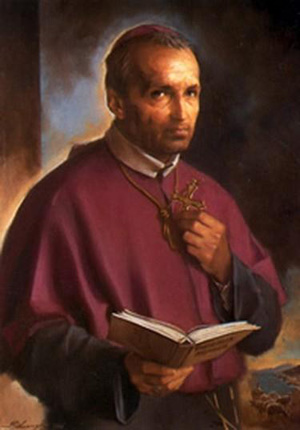
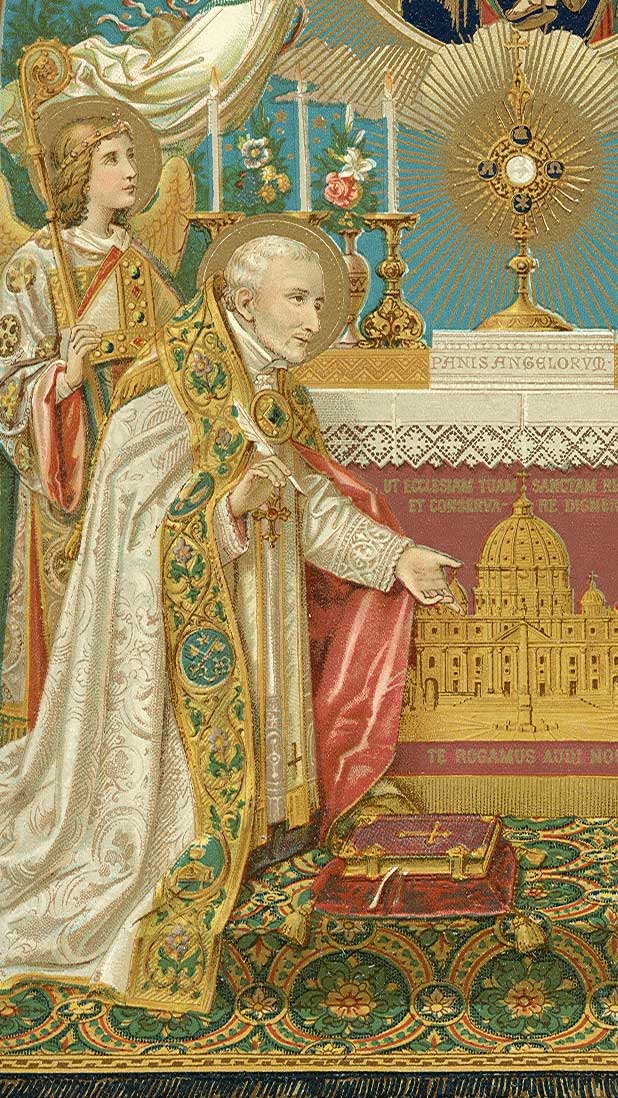
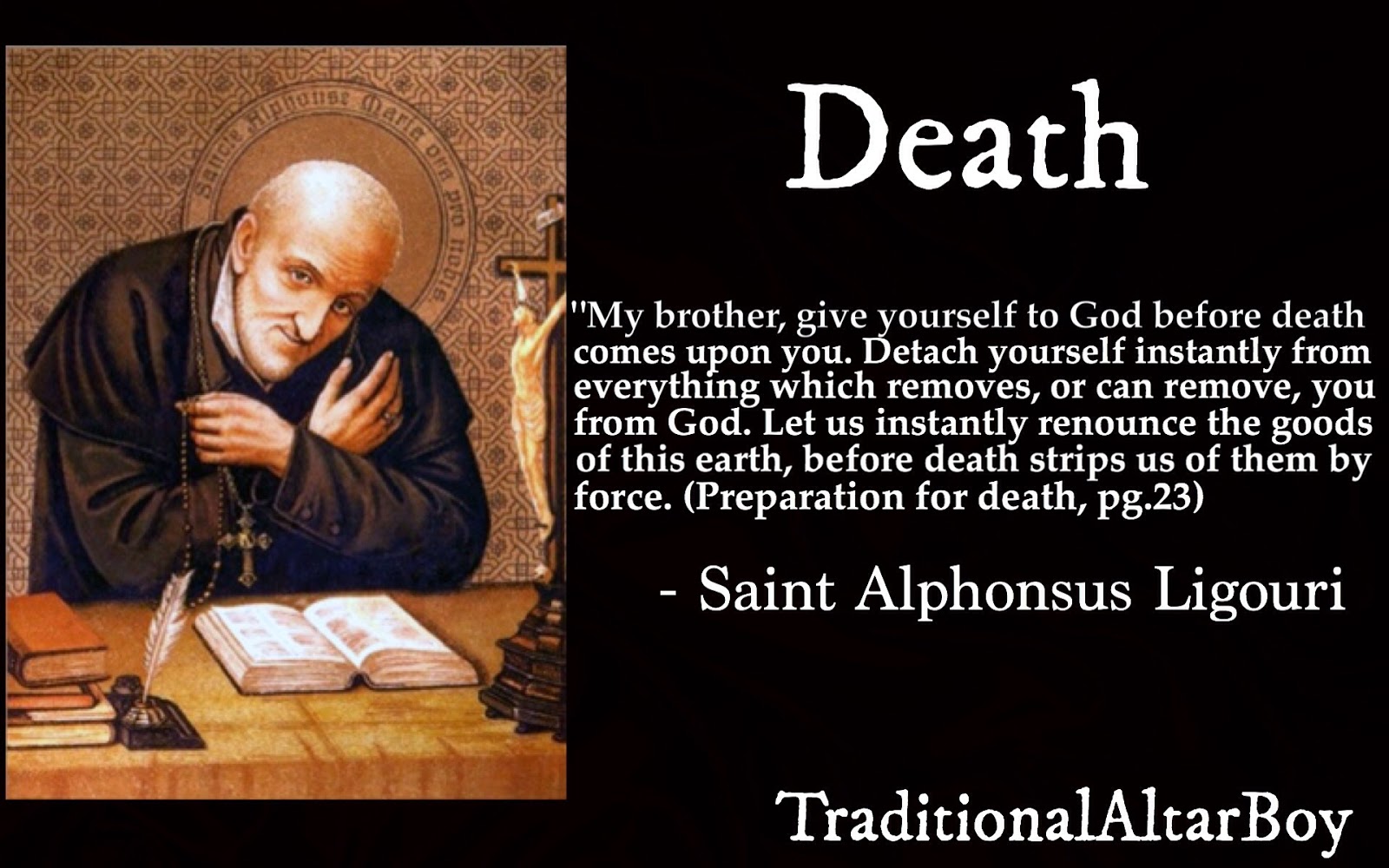
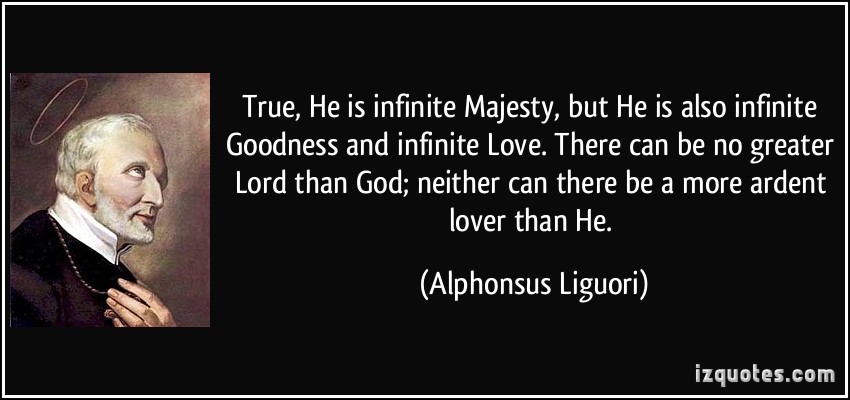
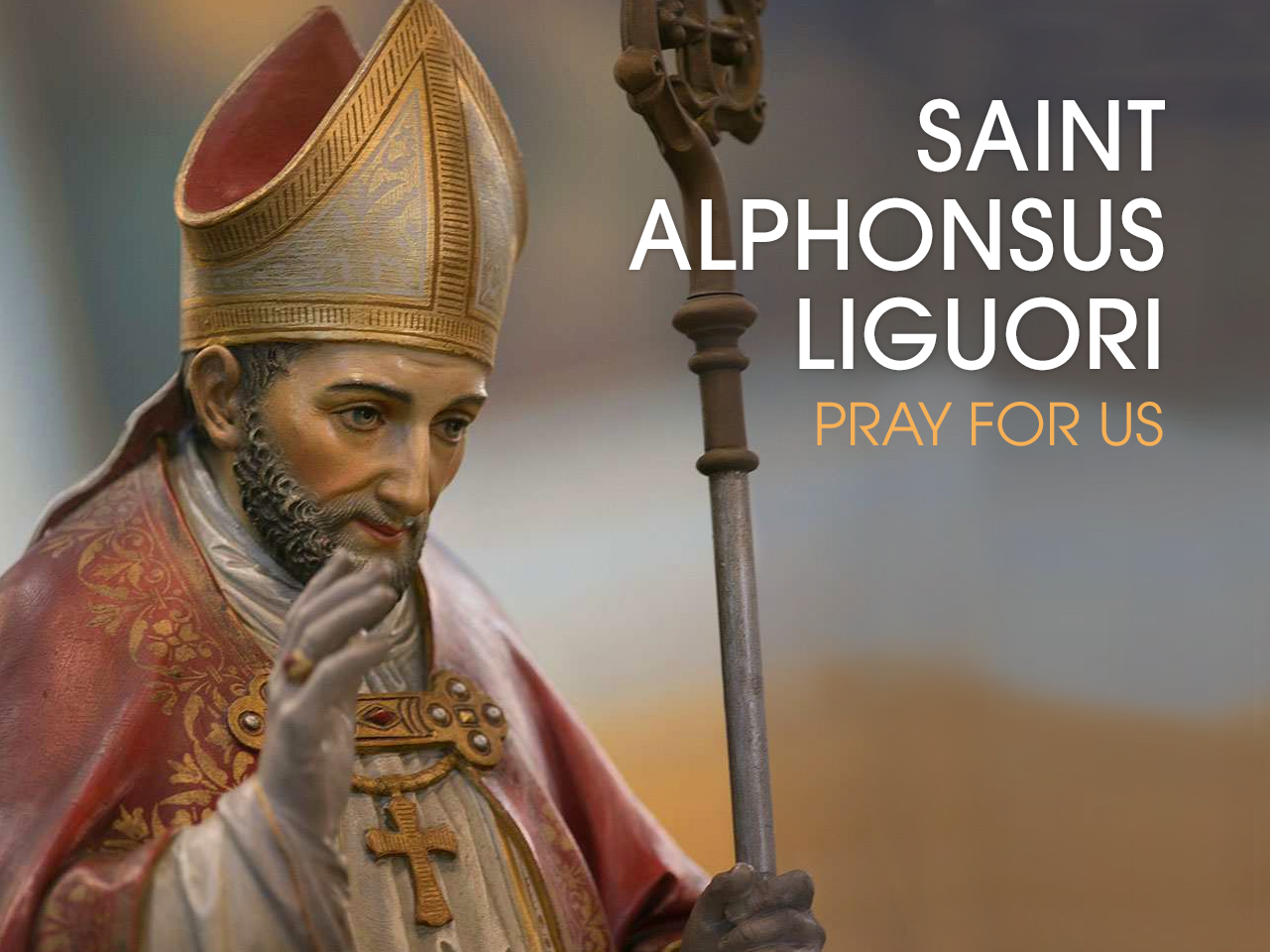
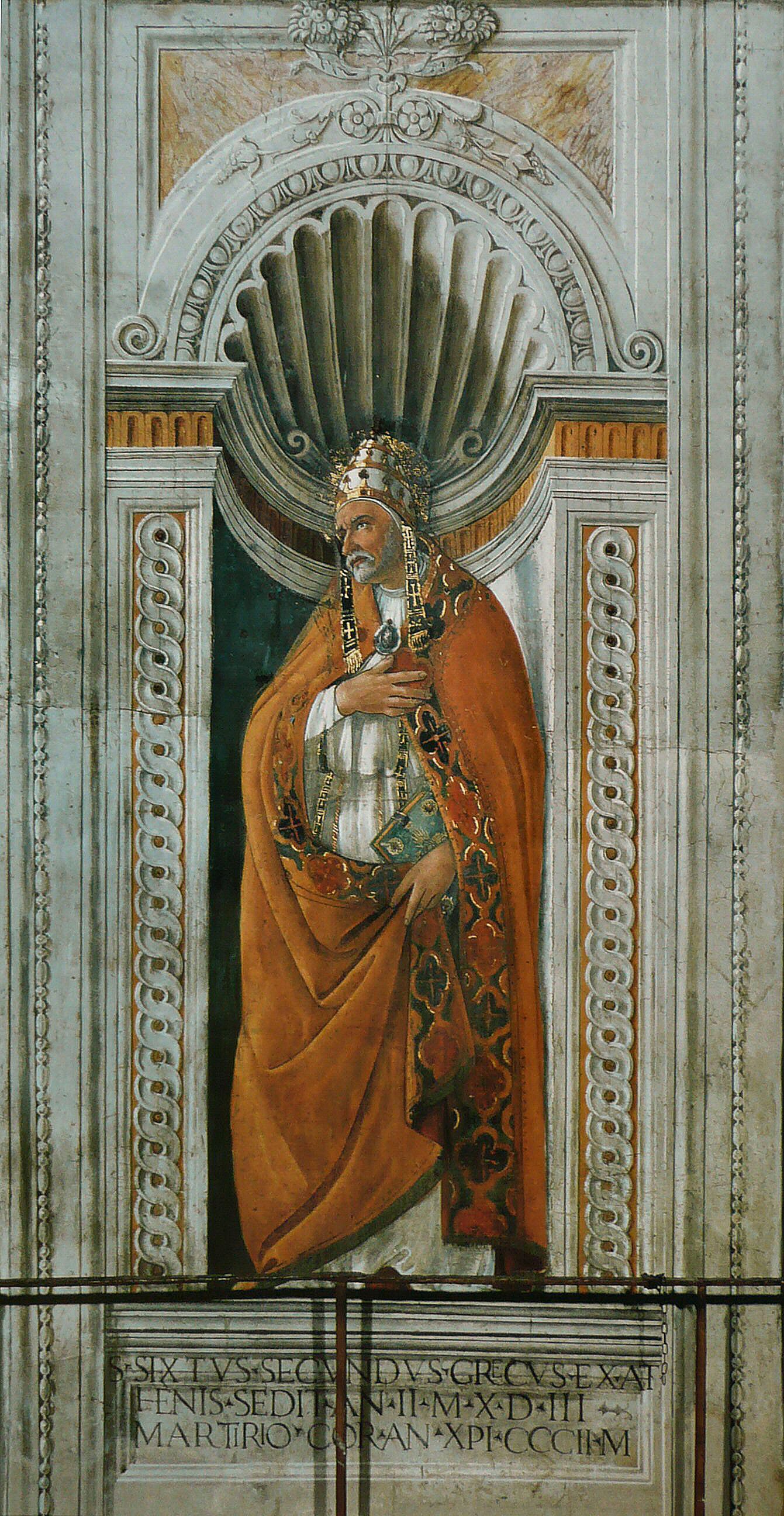
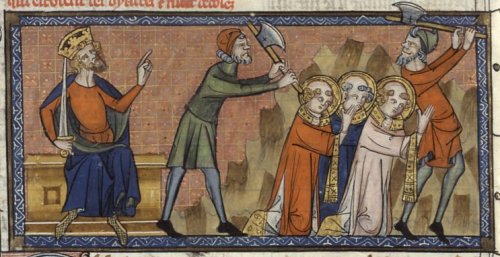



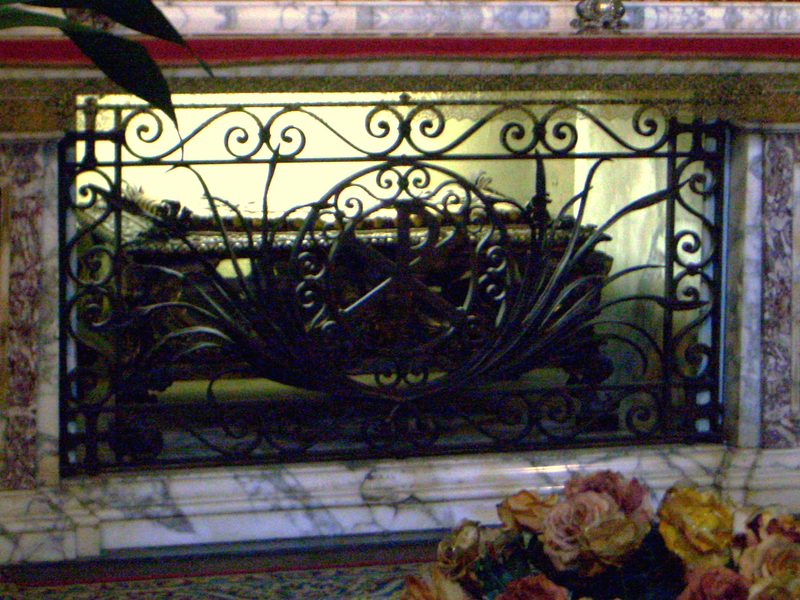

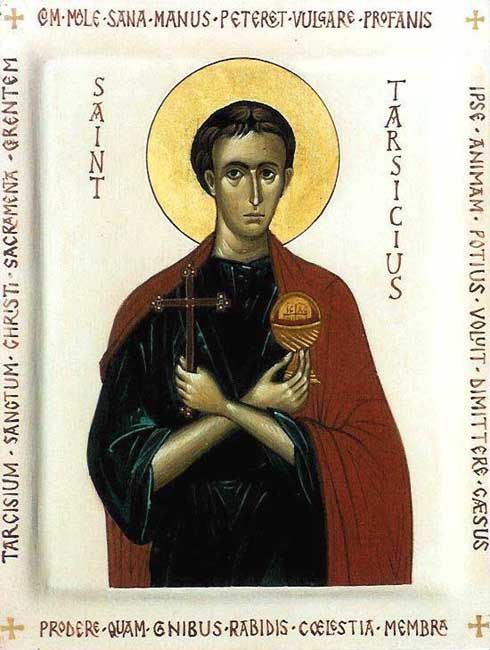
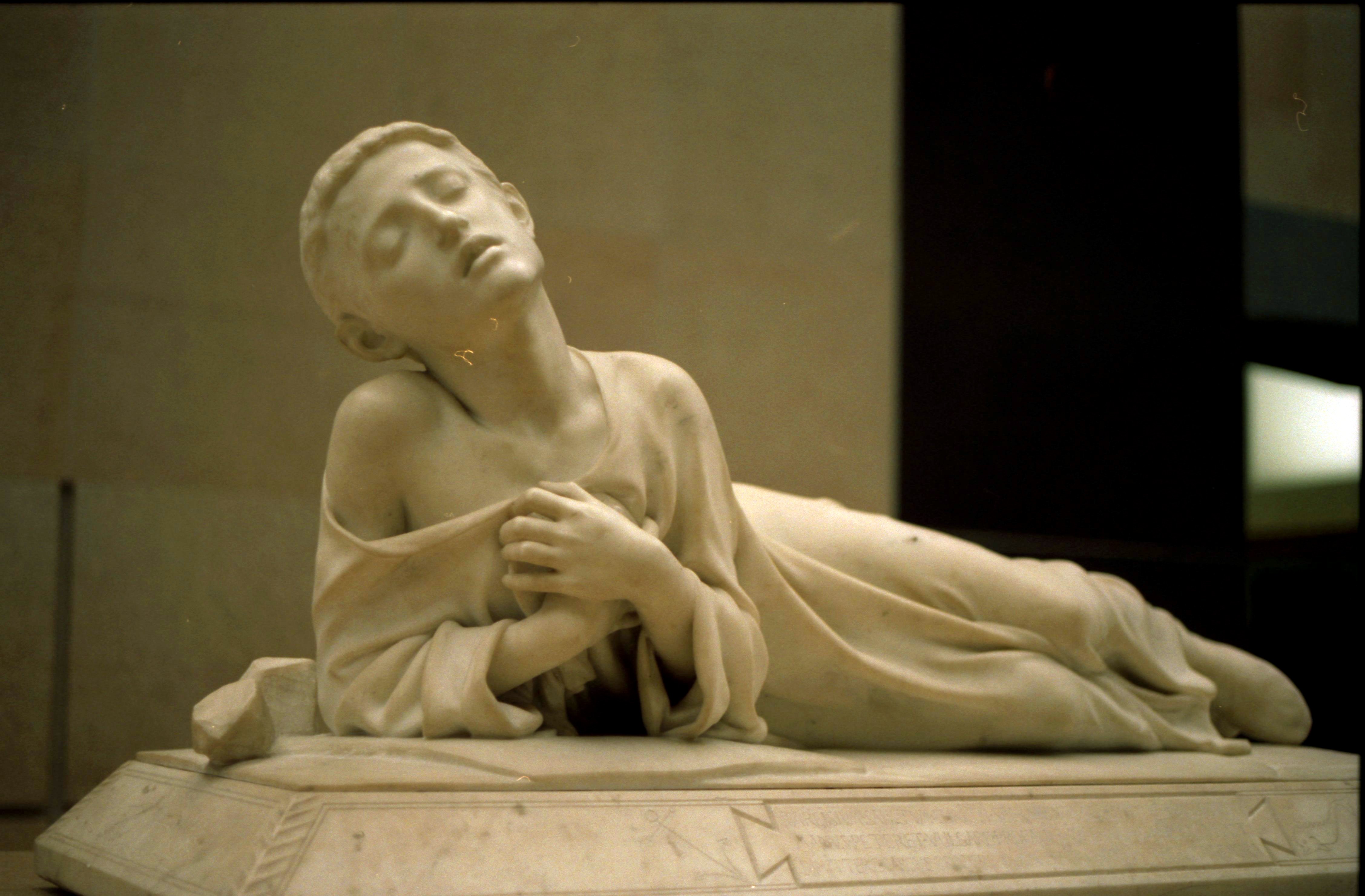
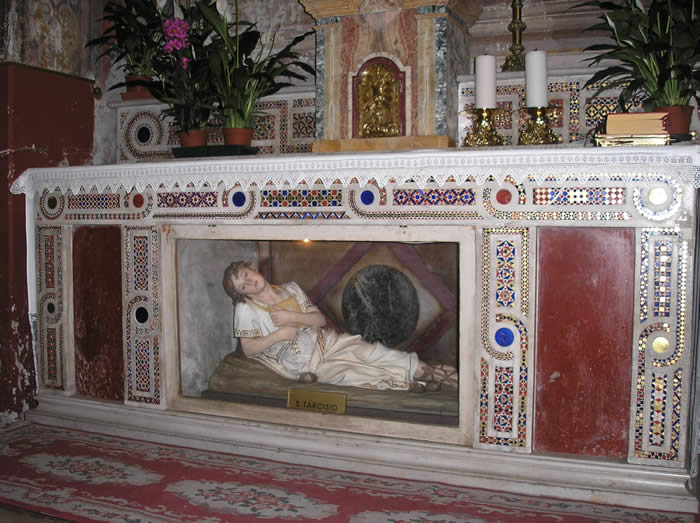
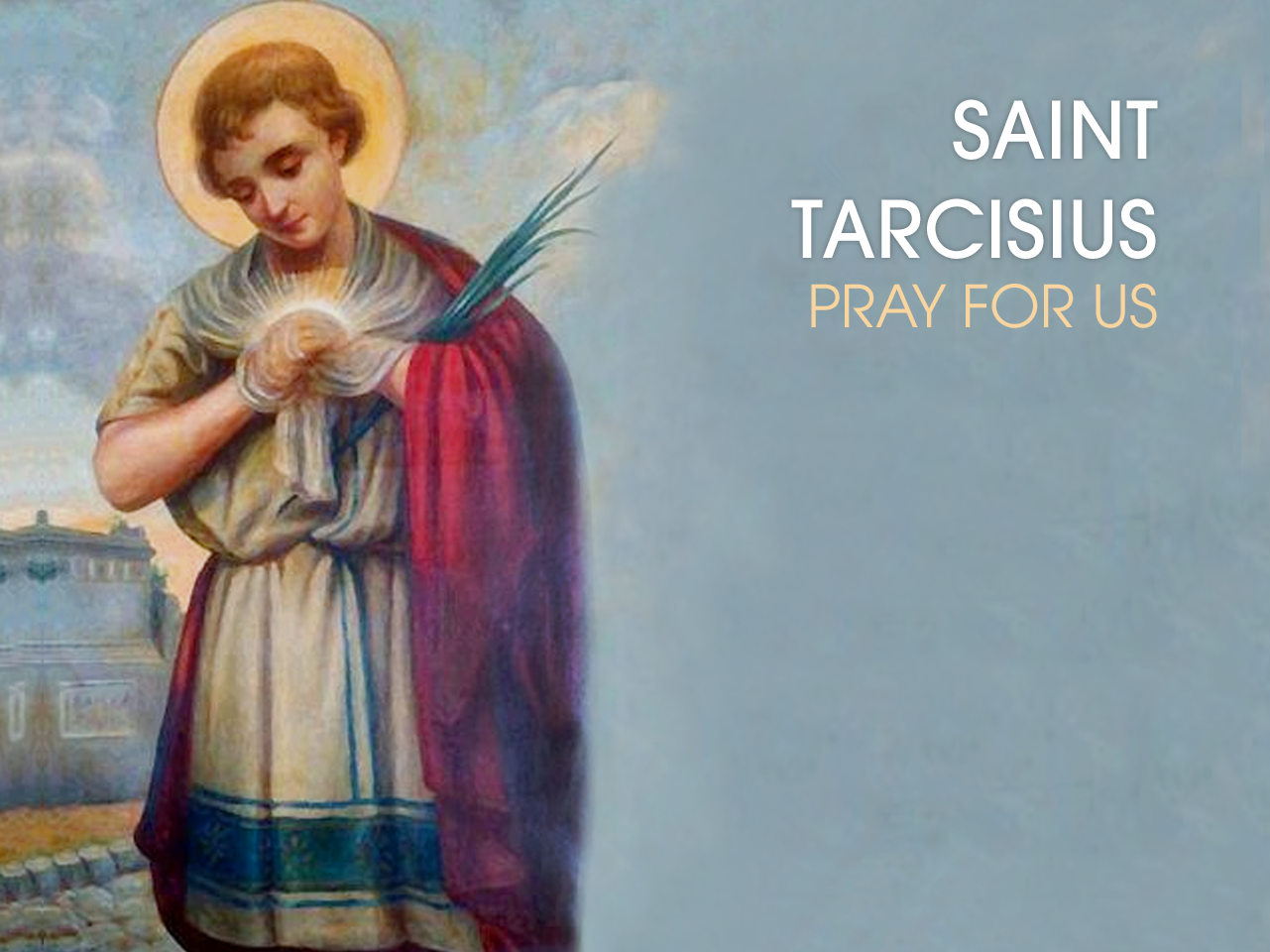
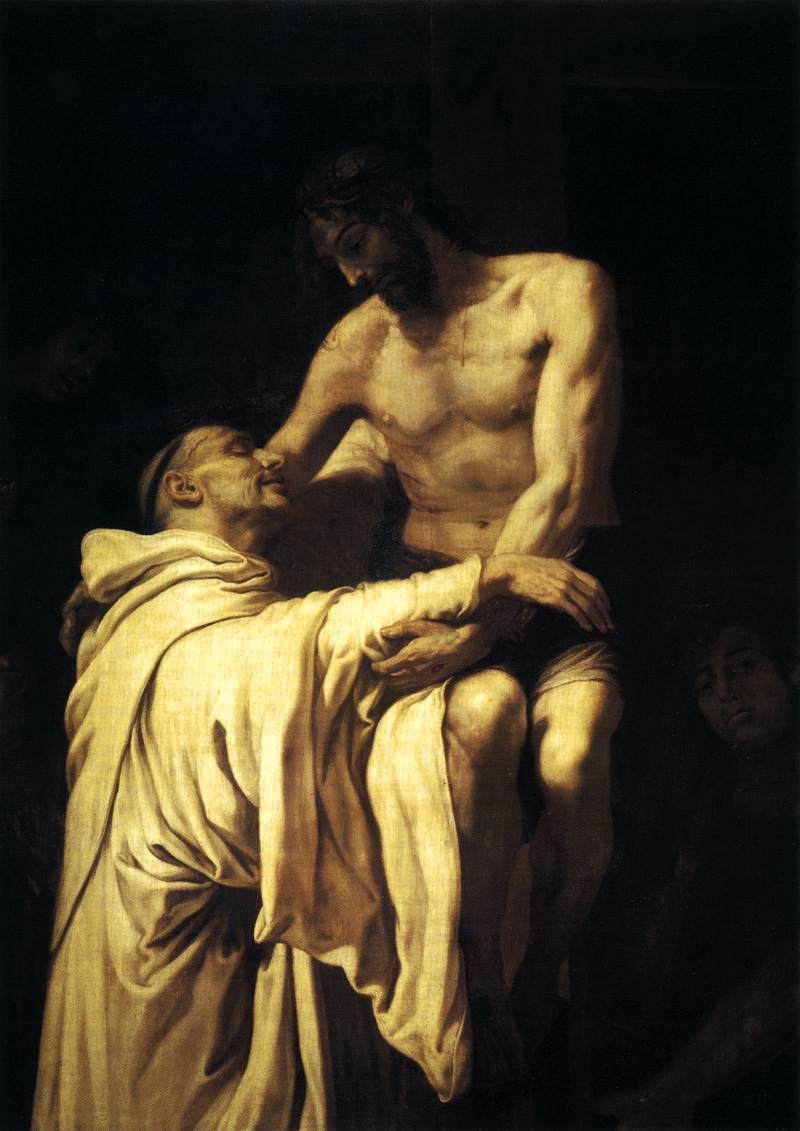
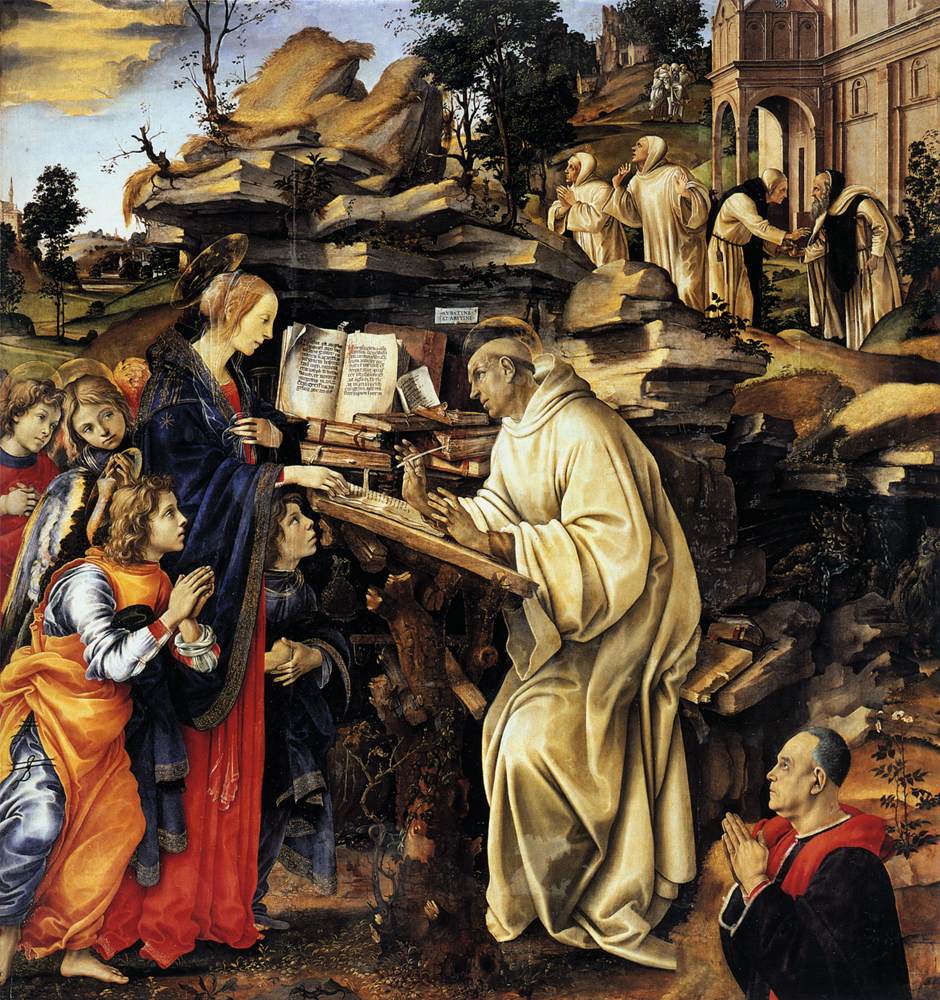
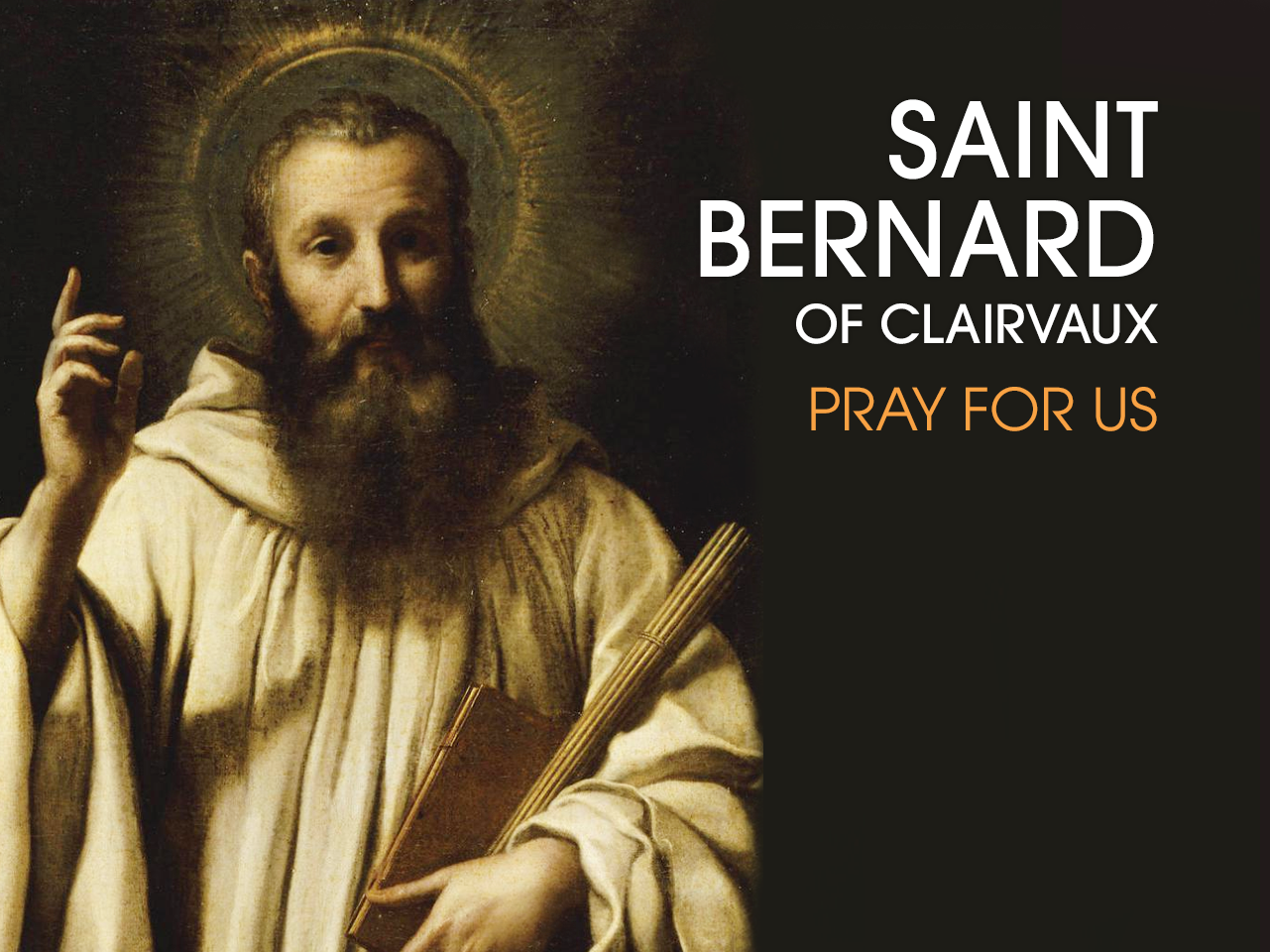






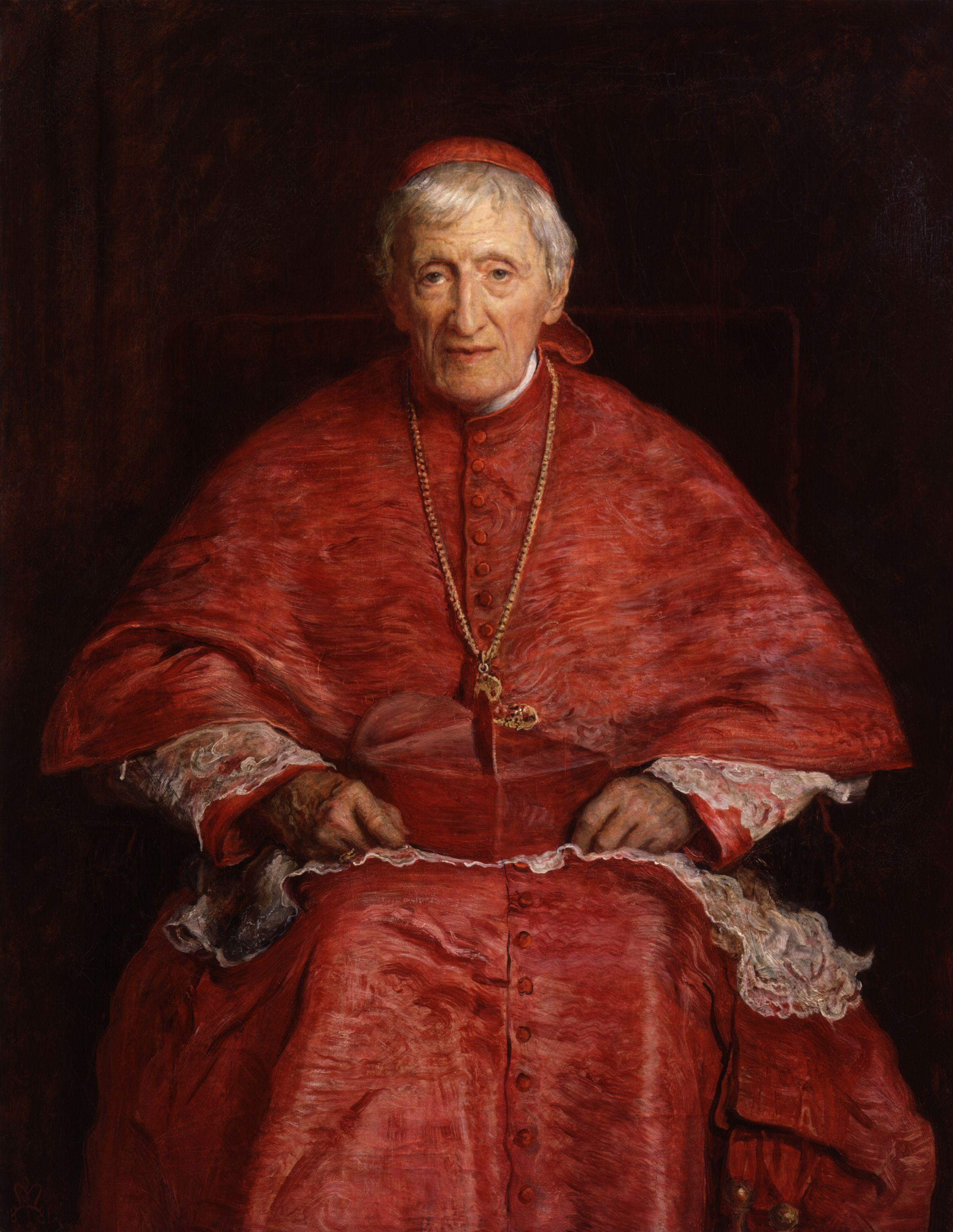
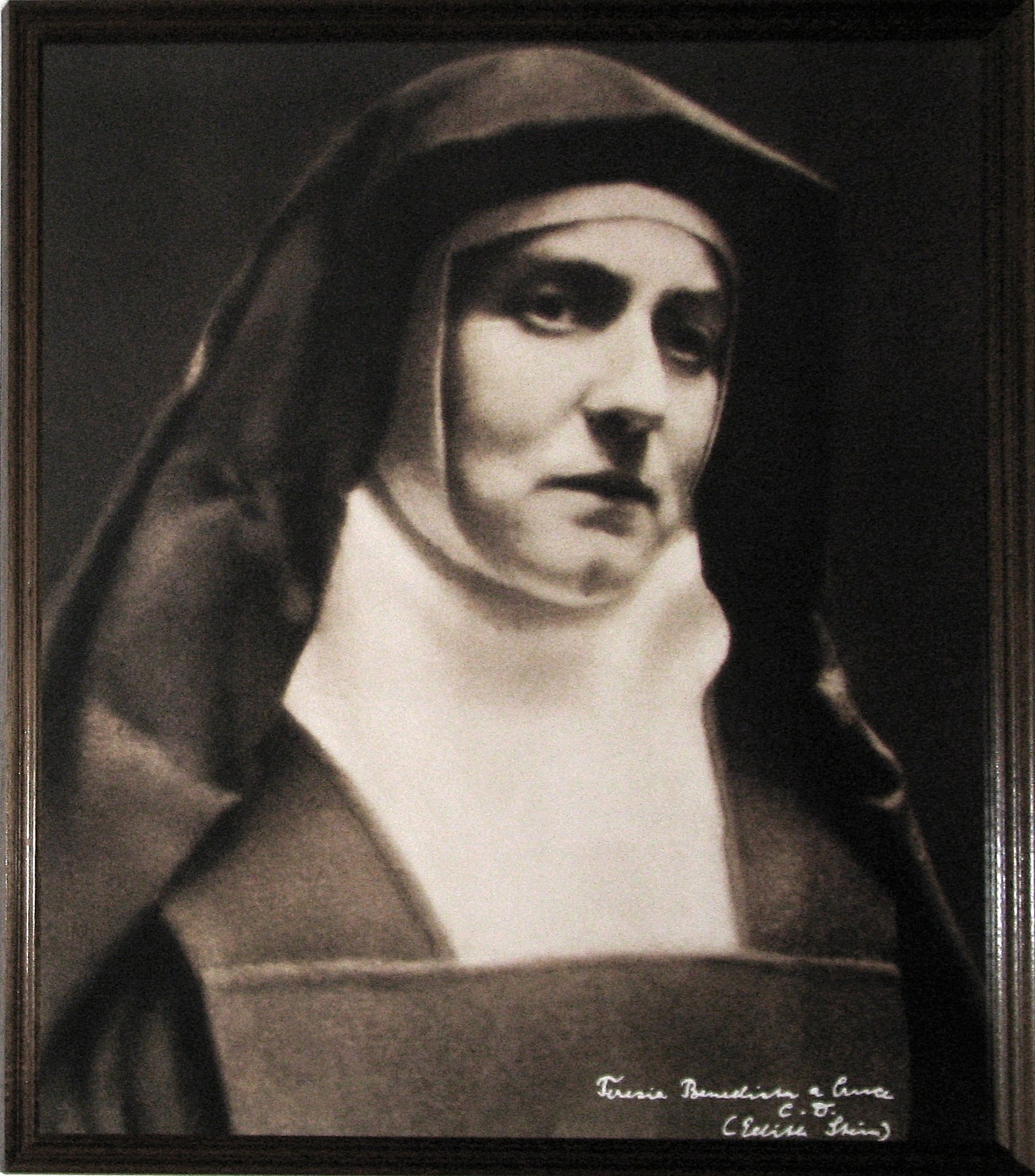

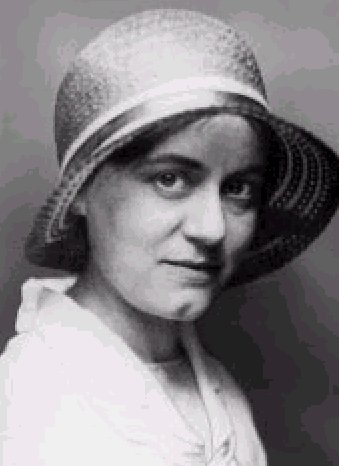

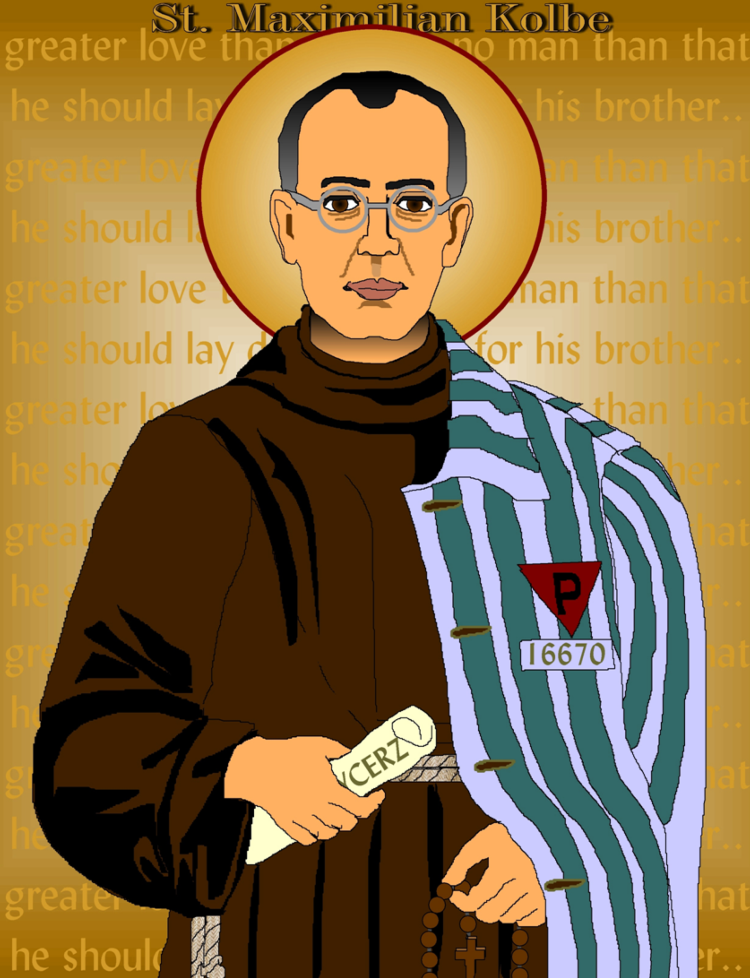
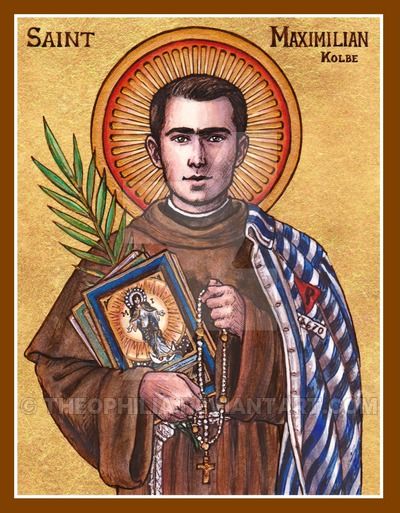
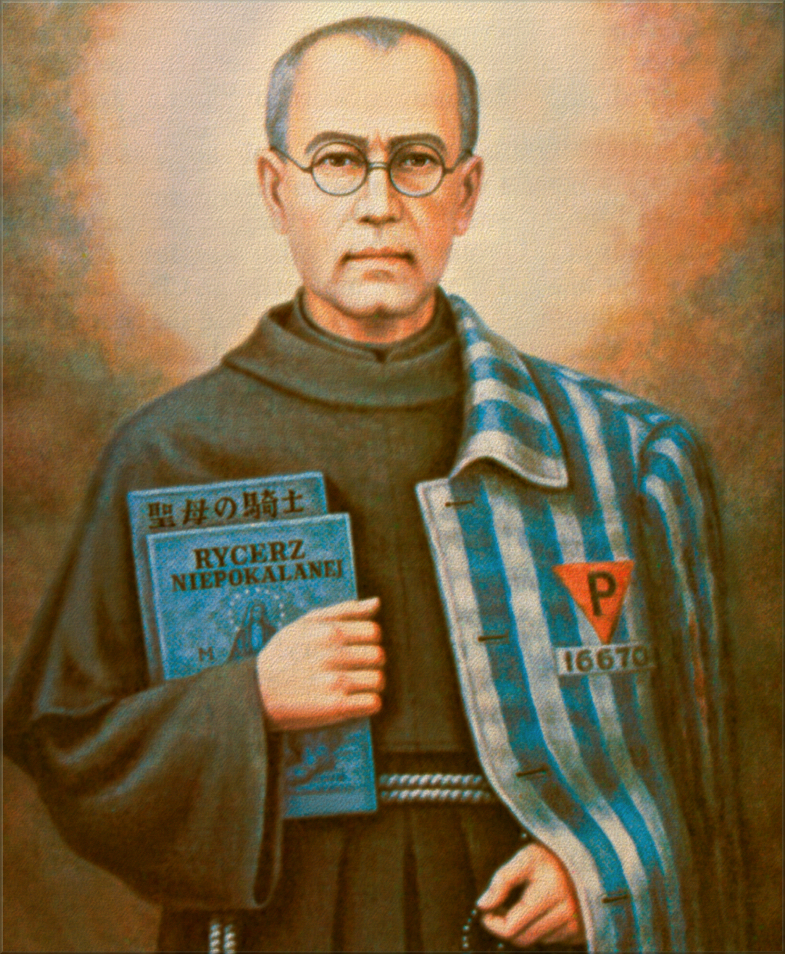
![[Saint+Maximillian+Kolbe_edited.jpg]](http://2.bp.blogspot.com/_eeB84Jv8ypw/S487b0XNR2I/AAAAAAAAA50/Nk5H-wkhihY/s1600/Saint%2BMaximillian%2BKolbe_edited.jpg)
